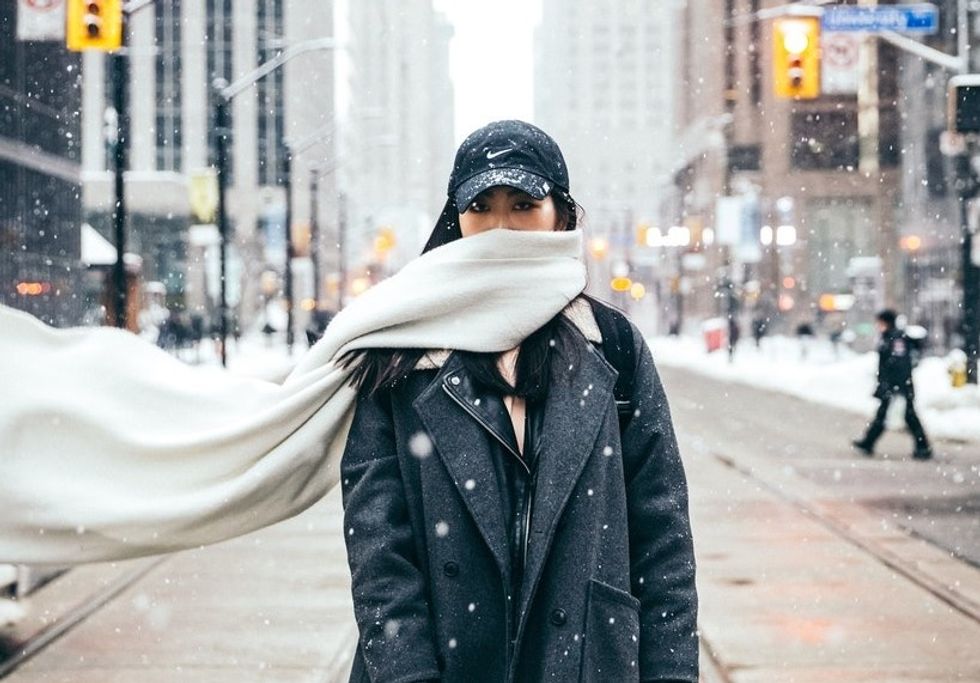As the days get darker and colder, some of us might be feeling more under the weather. But there is a difference between feeling gloomy because you have to trek to campus in the cold and feeling like you literally cannot get out of bed because of it.
Seasonal affective disorder (aptly shortened to SAD) is a mental illness characterized by the onset of depression-like symptoms during changes in weather patterns. The most common form occurs around winter when shorter days and a lack of sunlight can wreak havoc on melatonin levels. Winter is also a time where many people feel lonely and demoralized (there is a reason for cuffing season.)
The important thing to realize is that people with SAD are not alone. Recent research suggests that it affects thousands of Americans. Sunny Florida is believed to have the lowest incidence, with 1.4% of the state's population suffering from SAD each year. On the other end of the scale, Alaska has the highest incidence at 9%.
The National Institutes for Mental Health (NIMH) offers a few possible therapies for combating SAD symptoms. One of the most commonly known is light-exposure therapy. This is when people spend upwards of half an hour a day being exposed to a special light that is made to mimic sunlight. It is typically recommended that light therapy is done in the morning to cohere with natural sunlight patterns in the summer.
NIMH also recommends psychotherapy, if accessible. If it isn't, try reaching out to friends or family. Sometimes having a support network of people who care about you can help you pull through the coming weeks.
Also remember to drink plenty of fluids, and try to get as many fresh fruits, vegetables, and whole grains. With the various viruses running amok this time of the year, it is more important than ever to take care of yourself. Even if you don't necessarily have SAD, these actions can help keep your mental health up in the cold throes of the coming winter. Good luck to everyone with finals!
If you or anyone you know is feeling suicidal, please call the National Suicide Prevention Hotline at 1-800-273-8255. If you or someone you know is actively suicidal, please call 911.
Stony Brook CAPS is also open Monday-Friday from 9:00 AM-5:00 PM and available to contact via phone at (631) 632-6720 after hours.






















